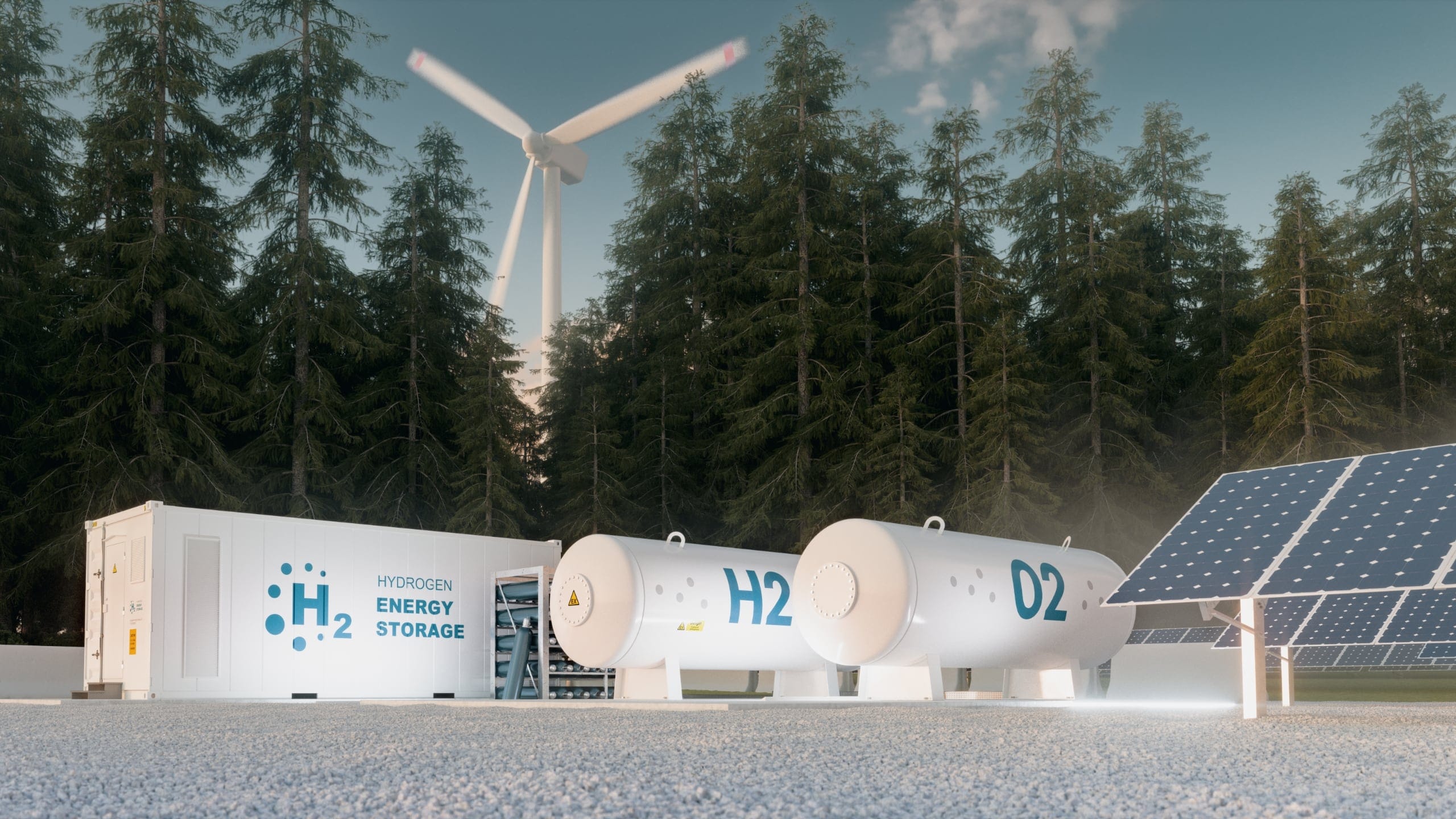NEWS & INSIGHTS | Opinion
COP Reflections: Shifting tides with oil and gas engagement

Now that we’ve had time to reflect on COP28, let’s look at how it marked a turning point in the way industries engage in the discussion on global climate action. Unlike its predecessors, this conference brought industry leaders, including those from the renewables, oil and gas, food, and agriculture sectors, to the forefront of discussions.
While some critics were initially sceptical of participation from the oil and gas industry, labelling many simply as lobbyists for the oil and gas sector, the reality on the ground revealed a different story.
Many prominent oil and gas industry names showcased their commitment to sustainable practices, featuring hydrogen solutions, electrification technologies, and a robust portfolio of work in the new energy space. This inclusivity allowed for a more holistic approach to climate action, with active participation in shaping the agenda rather than merely being recipients of imposed agreements.
Pledges driving participation
The methane pledge, first announced at COP26, was discussed again by governments and national and international oil companies, to identify effective pathways to zero methane emissions by 2030. The pledge gained more members, bringing the total to 155 governments, and of key significance was the world’s largest oil and gas methane emitters announcing new policies, regulations, and national commitments to cut fossil methane. The World Bank launched its Global Gas Flaring Reduction Partnership (GGFR), a multi-donor trust fund composed of governments, oil companies, and multilateral organisations committed to ending routine gas flaring at oil production sites across the world.
And again, a further example of participation from an ostracised industry was following the launch of the Oil & Gas Decarbonisation Charter (OGDC). History was made when 50 oil and gas companies from across the globe joined the OGDC and made history with “signatory companies representing over 40 percent of global oil production, with National Oil Companies representing over 60 percent of signatories.” With the commitment to decarbonisation from many NOC’s seen as ‘historic first steps’.
Innovating for climate action
A notable evolution observed at COP28 was increased emphasis on innovation and technology. Dedicated exhibition spaces within the green zone showcased technological solutions for achieving net zero driven by private industry initiatives. The International Energy Agency has highlighted that to drive down demand for fossil fuels and reach net zero, a range of clean energy technologies need to be scaled and the global installed capacity of renewable power needs to be tripled by the end of the current decade.
The Global Renewables and Energy Efficiency Pledge focuses on increasing the pace and scale of deployment of renewables and energy efficiency, accelerating zero- and low-emission technologies, including renewables, nuclear, abatement and removal technologies such as CCS, particularly in hard-to-abate sectors, and low-carbon hydrogen production.
Let’s not forget however that COP28 started with the global stocktake, which eight years after the Paris Agreements showed we are off track and on a trajectory to 2.5C to 2.9C of temperature rise. It is therefore imperative that the pledges made at COP28 are followed by tangible and rapid action, and that the ambition is raised again in Baku next year if we are to keep 1.5C within reach.
Notwithstanding that, COP28 stands as a beacon of progress, arguably the most impactful since Paris in 2015. A commitment to transition away from fossil fuels, take action within the next decade, ensure equity and justice, and achieve net zero by 2050 in alignment with the best available science. The inclusive and collaborative spirit witnessed at COP28 sets a precedent for future climate conferences, emphasising the importance of industry engagement in realising a sustainable and resilient net zero future.
Subscribe for the latest updates



